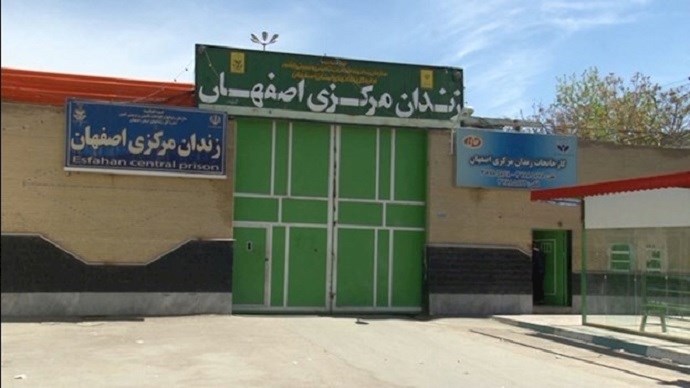Reporting by PMOI/MEK
Iran, October 29, 2020—At a time when the coronavirus tragedy is becoming more widespread in Iran and, the hygiene and health conditions deteriorates in Iran’s prisons. Inmates are deprived of the most basic means to protect themselves against the dangerous virus. Political prisoners are in even worse conditions and are denied their basic rights.
Reports from the Dastgerd Prison in the city of Isfahan, central Iran, indicate that inmates' visits have been canceled due to the Covid-19 outbreak.
The families of detainees went to the prison without knowing that the visits had been canceled and asked to see their children and relatives but were denied visiting their loved ones.
Prison authorities claim the measures are meant to prevent the spread of Covid-19. Meanwhile, the same authorities are not taking the slightest measures to protect the prisoners from the disease. Covid-19 is severely spreading among the prisoners and many of prisoners have contracted the virus. Instead of providing protective equipment and medical care, the only measure prison authorities have so far taken is to canceled family visits.
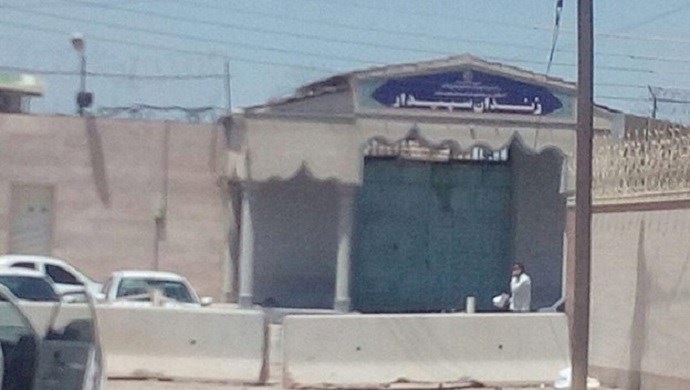
Sepidar Prison in Ahvaz, southwest Iran
In Sepidar Prison in Ahvaz, southwest Iran, prisoners can talk to their relatives in visit rooms for only 10 minutes. The prison’s authorities didn’t implement any medical protocols and sanitation measures across the facility, but have taken advantage of the situation to cancel in-person visits instead.
The hygiene condition of this prison is reported to be very bad. Prisoners are not provided with health and medical needs. Drugs and corruption are rampant in this prison.
Prisoners are only given boiled eggs and beans for dinner. “The food quality is awful,” an inmate from Sepidar said.
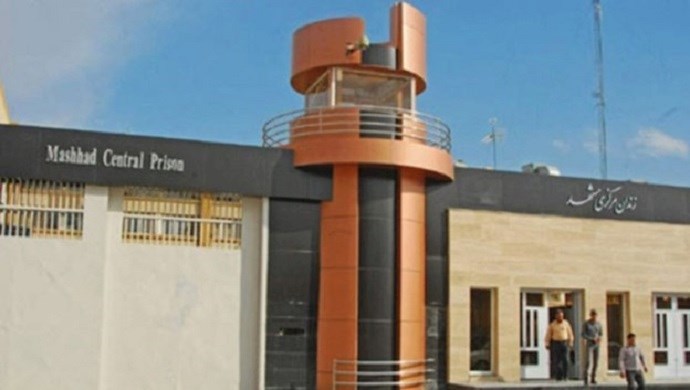
Vakilabad prison in the city of Mashhad
According to informed sources, in Vakilabad prison, Mashhad city, northeast Iran, Covid-19 is killing inmates every day inside the prison wards.
Meanwhile, prison authorities are imposing restrictions on political prisoners. Political prisoners are kept in a separate room from other prisoners, and the prison guards do not allow political prisoners to meet with other prisoners.
According to credible reports, five to ten inmates die of Covid-19 every day, but prison authorities say the patients is dying of natural causes without explaining how can so many people die of natural causes every day on a regular basis.
"A prisoner who had contracted Covid-19 was in so much pain that he was screaming. But instead of providing medical care, the guards beat him to death," according to a witness inside the prison.
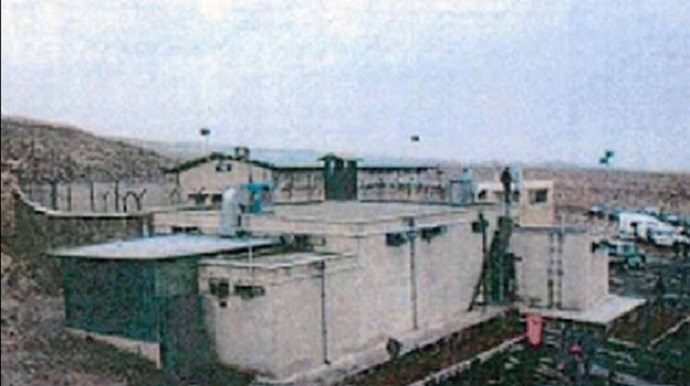
Qarchak prison in the city of Varamin, southeast Tehran
In Qarchak prison, Varamin city, southeast of Tehran, political prisoner Zahra Safaei had a heart attack after being harassed by prison guards last week and was transferred to the prison medical center. She was returned to prison after a brief examination and a few pills and denied proper medical care.
Safaei is the daughter of Hassan Ali Safaei, a well-known Tehran businessman and a political prisoners who was executed in the Evin Prison in 1981 on charges of supporting the MEK.
Safaei and her daughter Parasto Moeini were arrested in February. They were interrogated and tortured for months and kept in solitary confinement in ward 209 of the notorious Evin prison.
Both prisoners were pressured during interrogations to make televised confessions. By order of a judge they were also denied access to select lawyer. Safaei is accused of collaborating with the MEK. They were subsequently transferred to Qarchak prison.
Safaei has been repeatedly threatened with murder by dangerous inmates who take orders from prison authorities. The regime’s authorities continue to deprive prisoners detained for political reasons of adequate medical care. In many cases, this was done as a deliberate punishment or to extract “confessions” and amounted to torture.
Prisoners and their families endure cruel and inhuman conditions of detention, including overcrowding, limited access to warm water, inadequate food, insufficient beds, poor ventilation, and insect infestations.
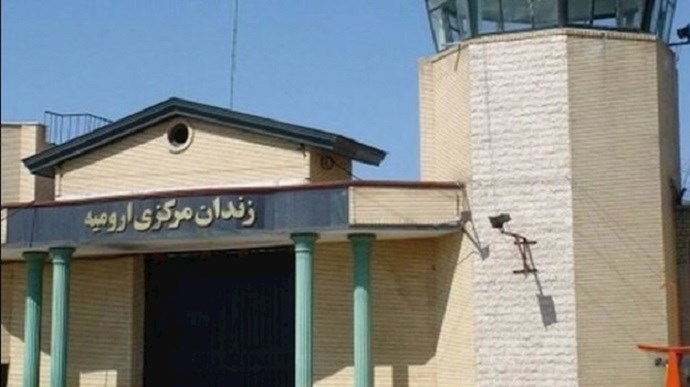
Urmia Central Prison in northwest Iran
On Sunday, October 25, authorities in Urmia Central Prison in northwest Iran prevented political prisoner Ebrahim Khalil Sedighi Hamediani from going to the prison clinic for insulin injection.
Sedighi has diabetes and the prevention of insulin injection can be life-threatening for him.
Subsequently, Ibrahim and his son Salar, who is also in prison, protested this inhumane measure of the prison officials. At the time of this writing Ibrahim has not yet been allowed to go to the clinic.
Other reports indicate Covid-19 has spread severely in Urmia Central Prison, and so far more than 100 prisoners have been sent to hospital due to their deteriorating conditions.
In October, Messrs. Baktash Abtin, Reza Khandan Mahabadi, and Keyvan Bajan, members of the Writers' Association, were arrested and transferred to Evin Prison. Before that, Mr. Khosrow Sadeghi Borujeni, a writer and journalist, had been imprisoned. The mullahs’ court sentenced four writers to a total of 20 years and six months in prison on charges of "propaganda against the regime" and "acting against national security."
Mrs. Maryam Nasiri, 62, was arrested in Qaleh Hassan Khan (Tehran Province) on August 17, 2020 and was interrogated and tortured in solitary confinement in Ward 209 of Evin Prison. She was recently transferred to Qarchak Varamin Women's Prison. Nasiri is a lawyer with four children who was jailed for three years in the 1980s for supporting the MEK.
Qarchak prison does not have the minimum living and health facilities, and especially in Coronavirus condition, the environment is very polluted, and prisoners are at serious risk of contracting the virus.
In another development, Ali Younesi and Amir Hossein Moradi, two elite students at the Sharif University of Technology, imprisoned since March, are still being held in Evin Prison. Meanwhile, Vahid and Habib Afkari, brothers of Iranian wrestling champion martyr Navid Afkari, are still in solitary confinement under pressure and torture.
On October 20, Mr. Majid Zabihi, 60, was arrested in Tabriz and transferred to prison. He had been arrested multiple times for political reasons before and had been imprisoned for four years in the 80s. In the past, he and his family members have been repeatedly threatened by the clerical regime's intelligence agents and mercenaries.


